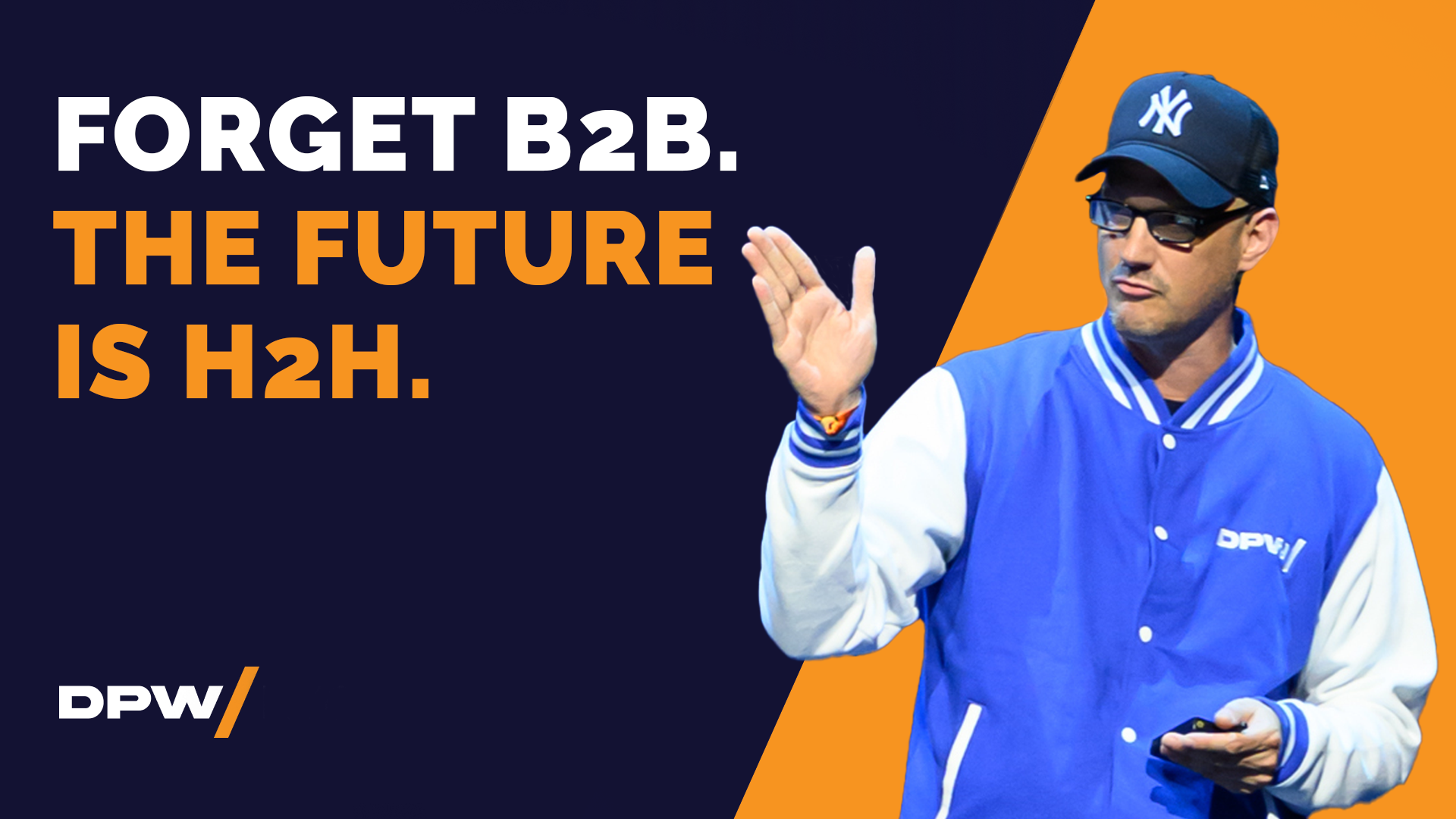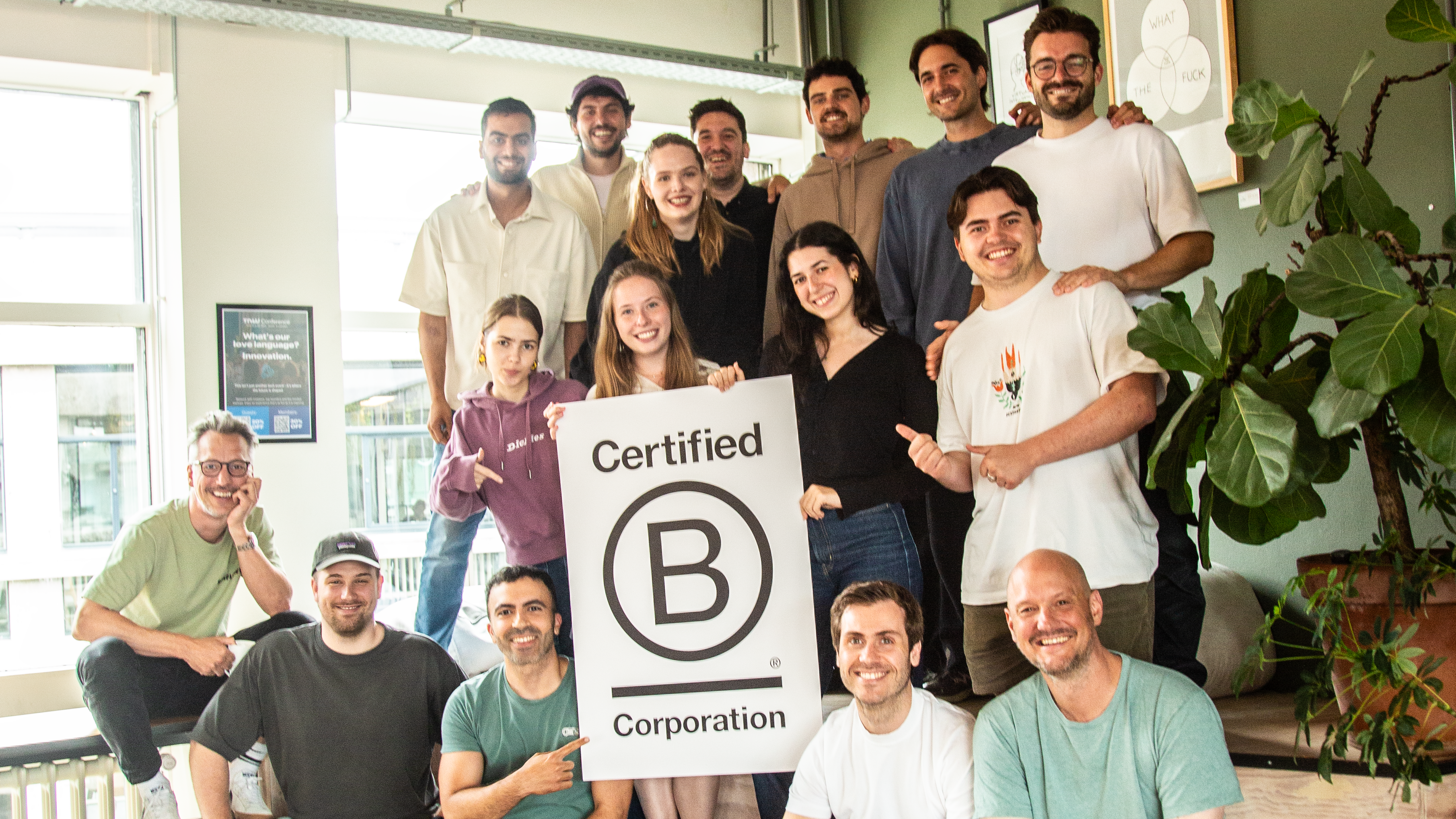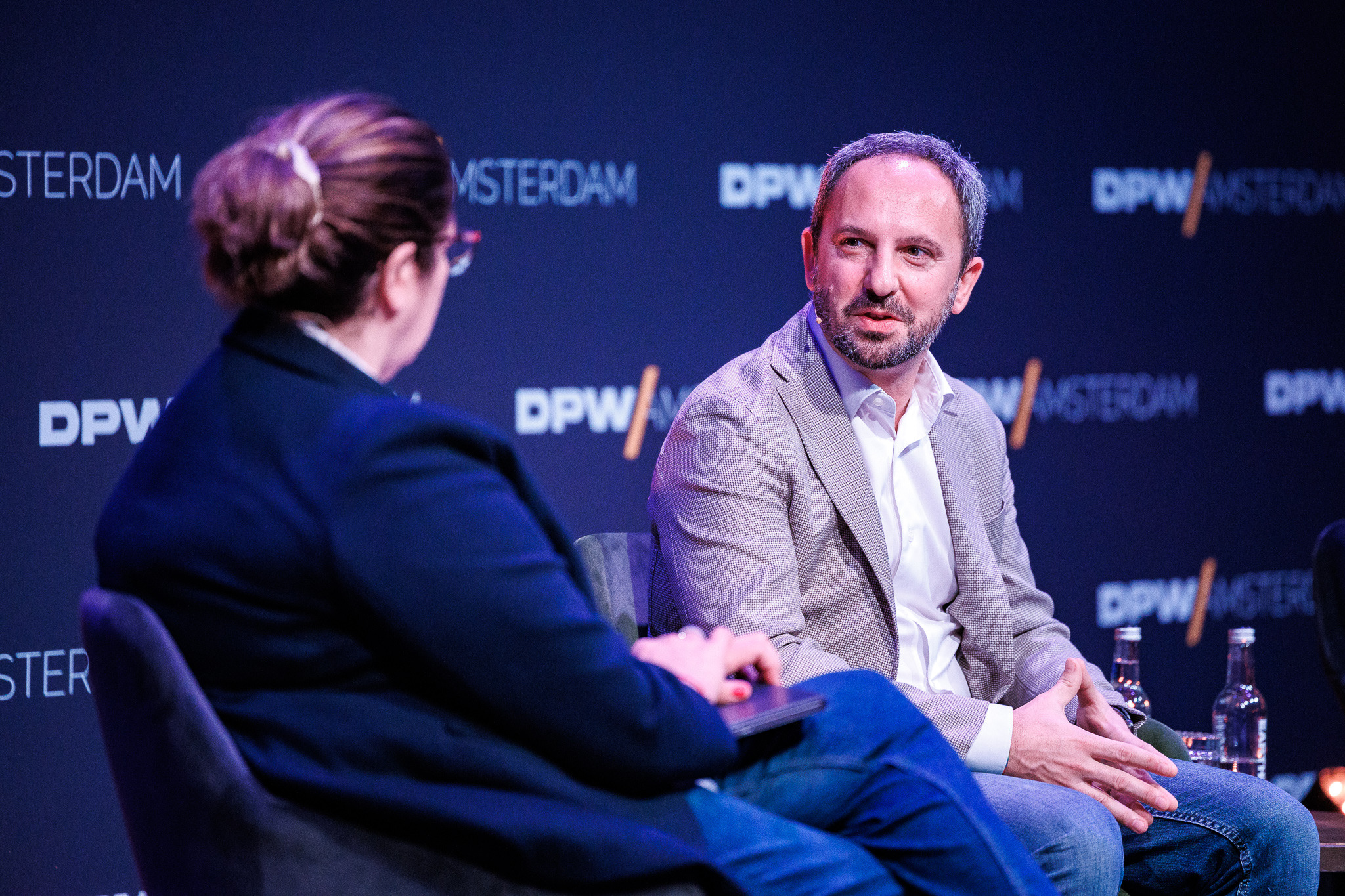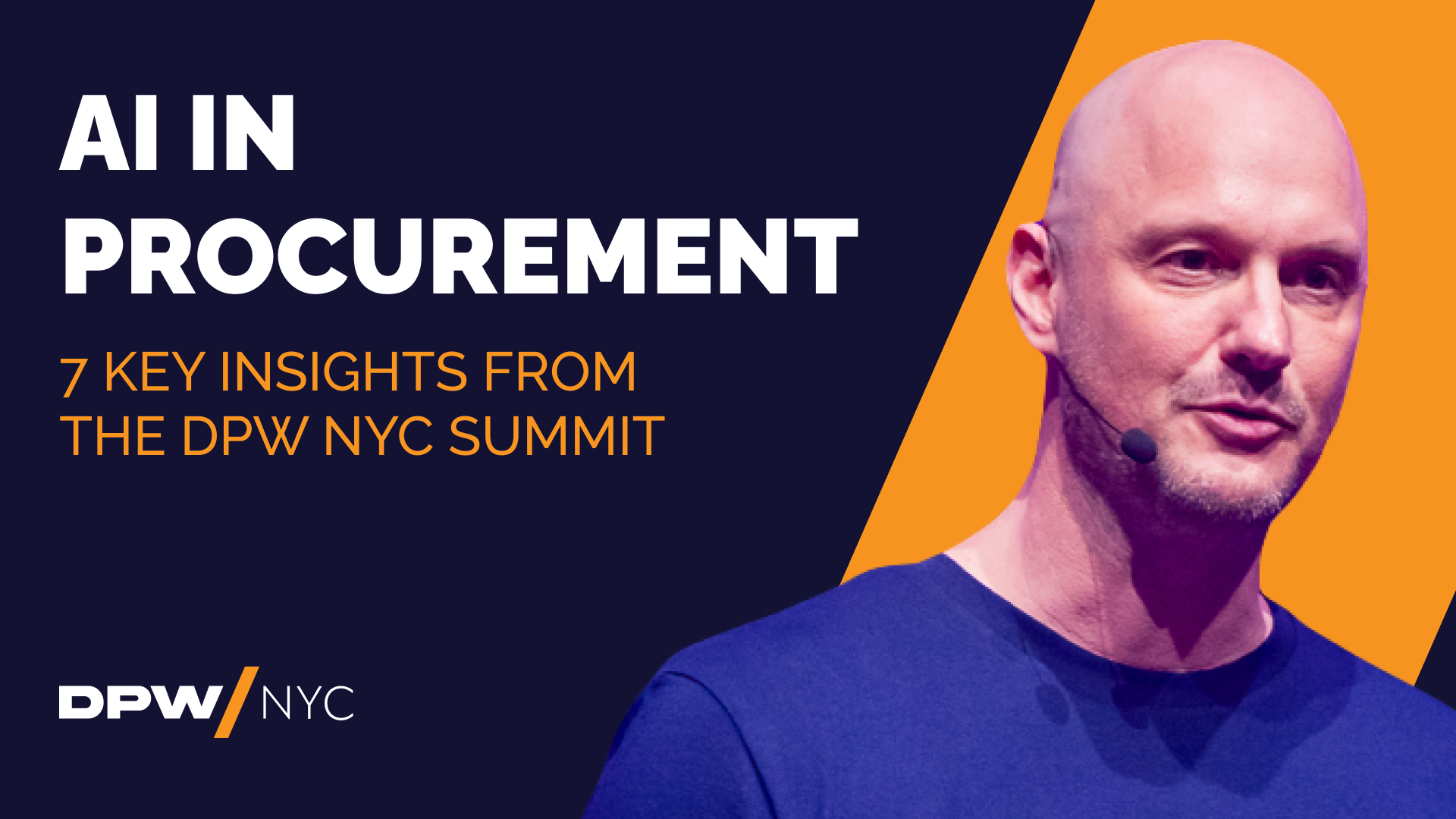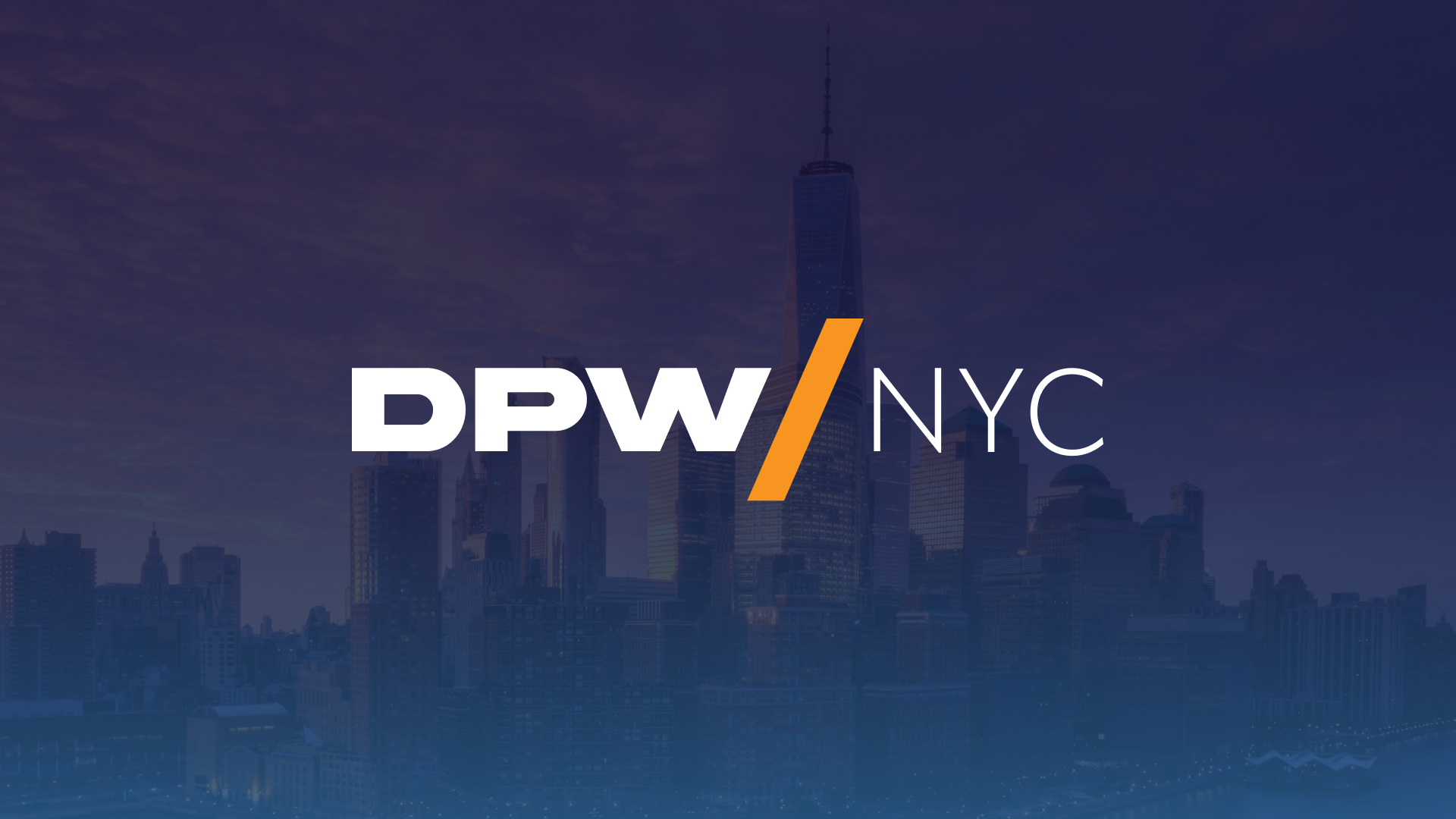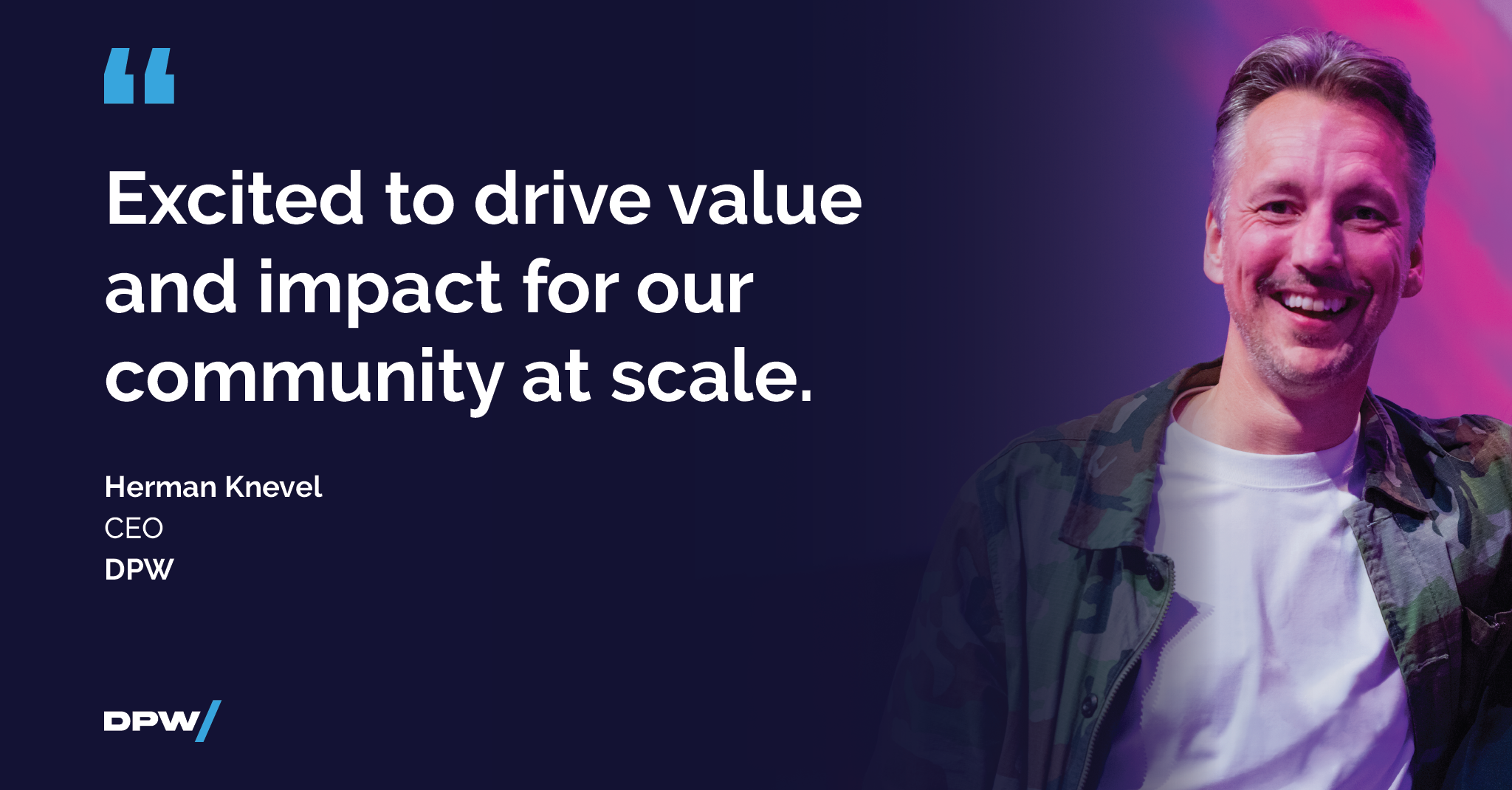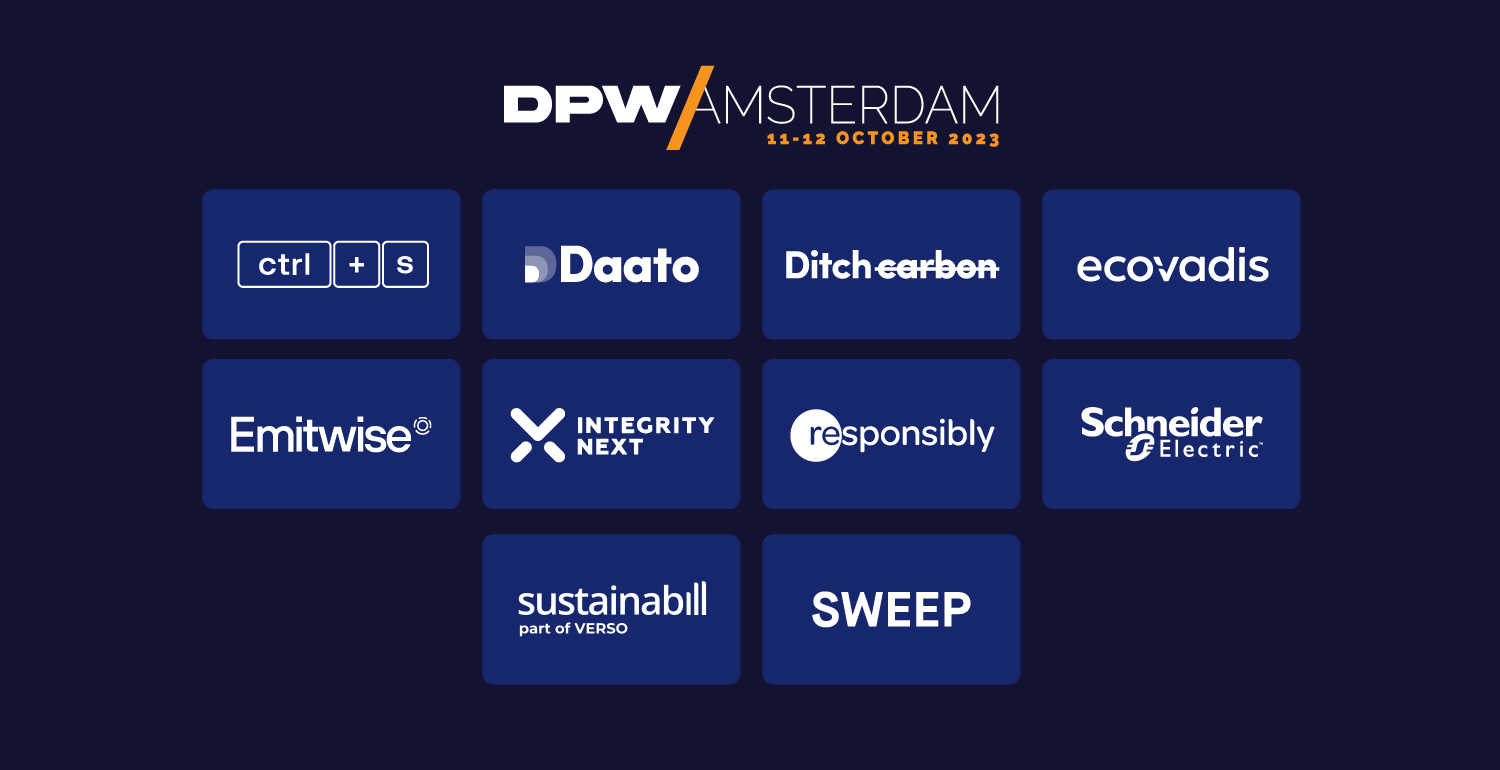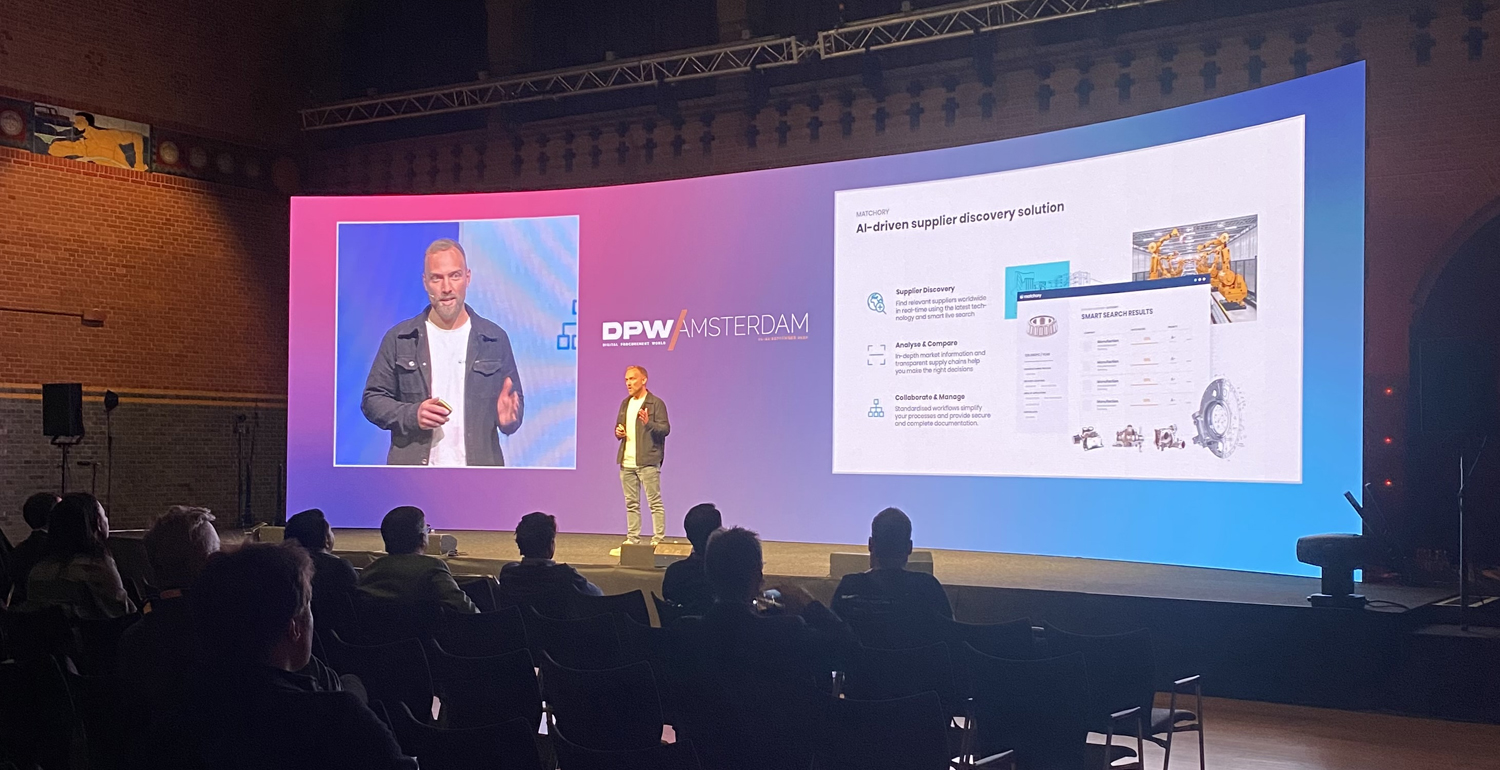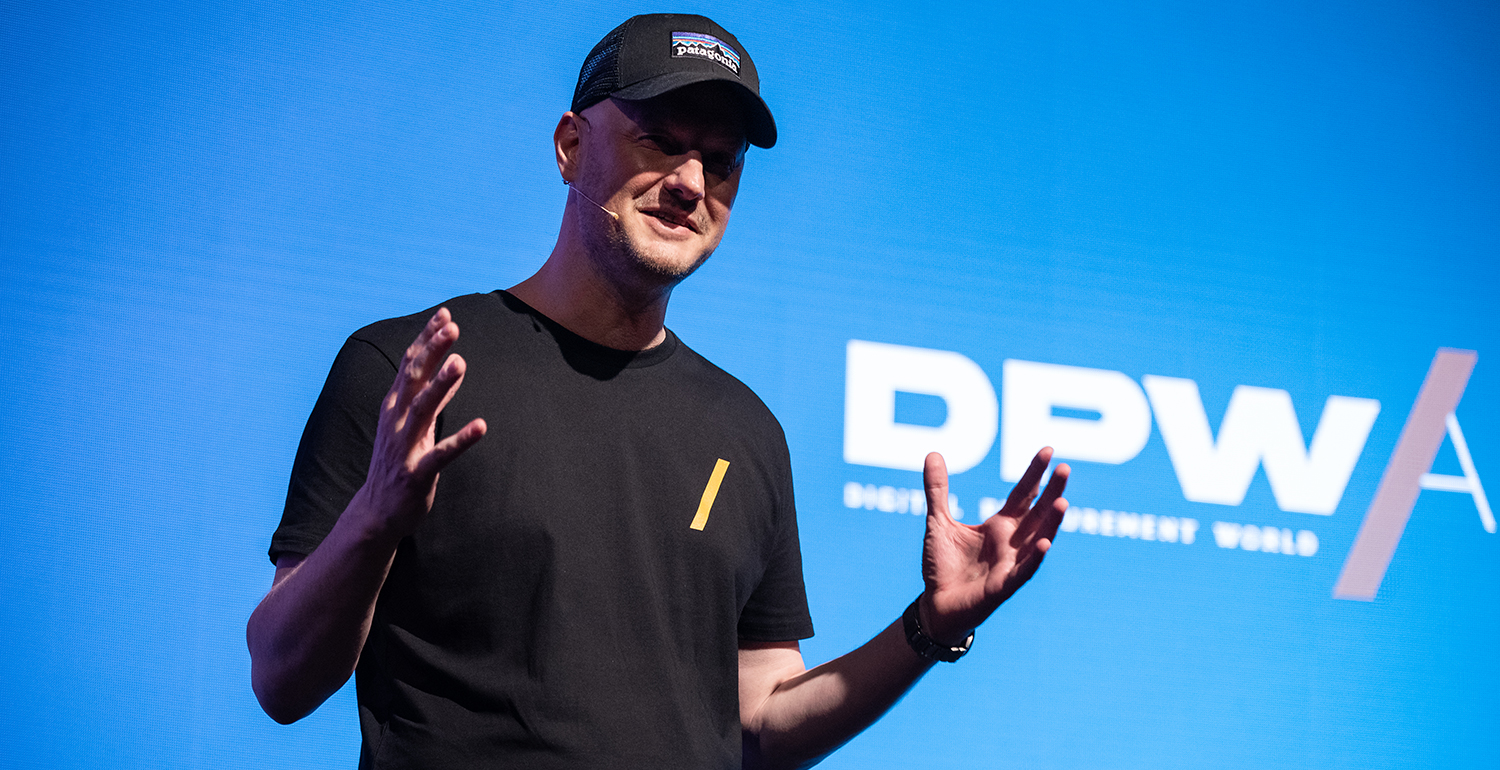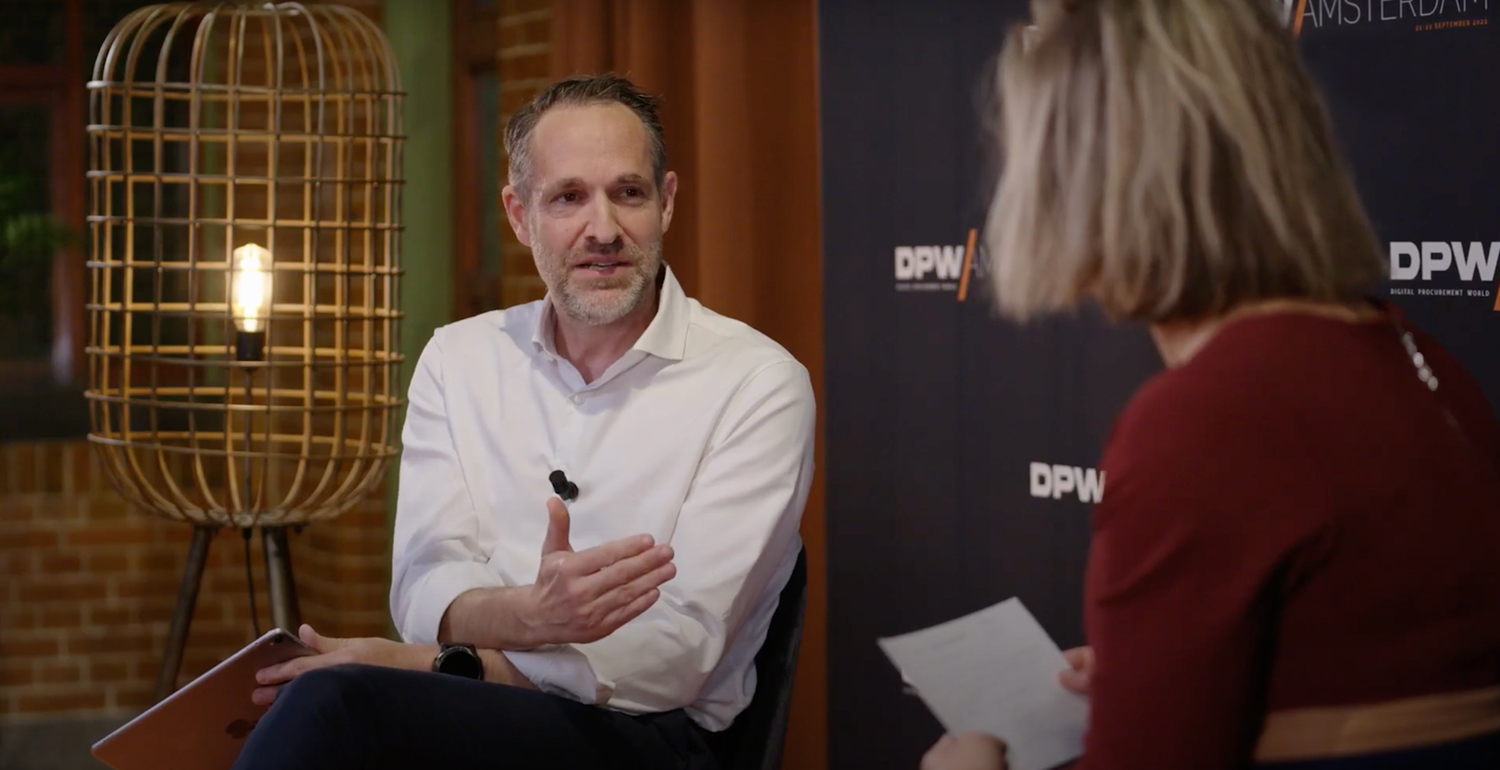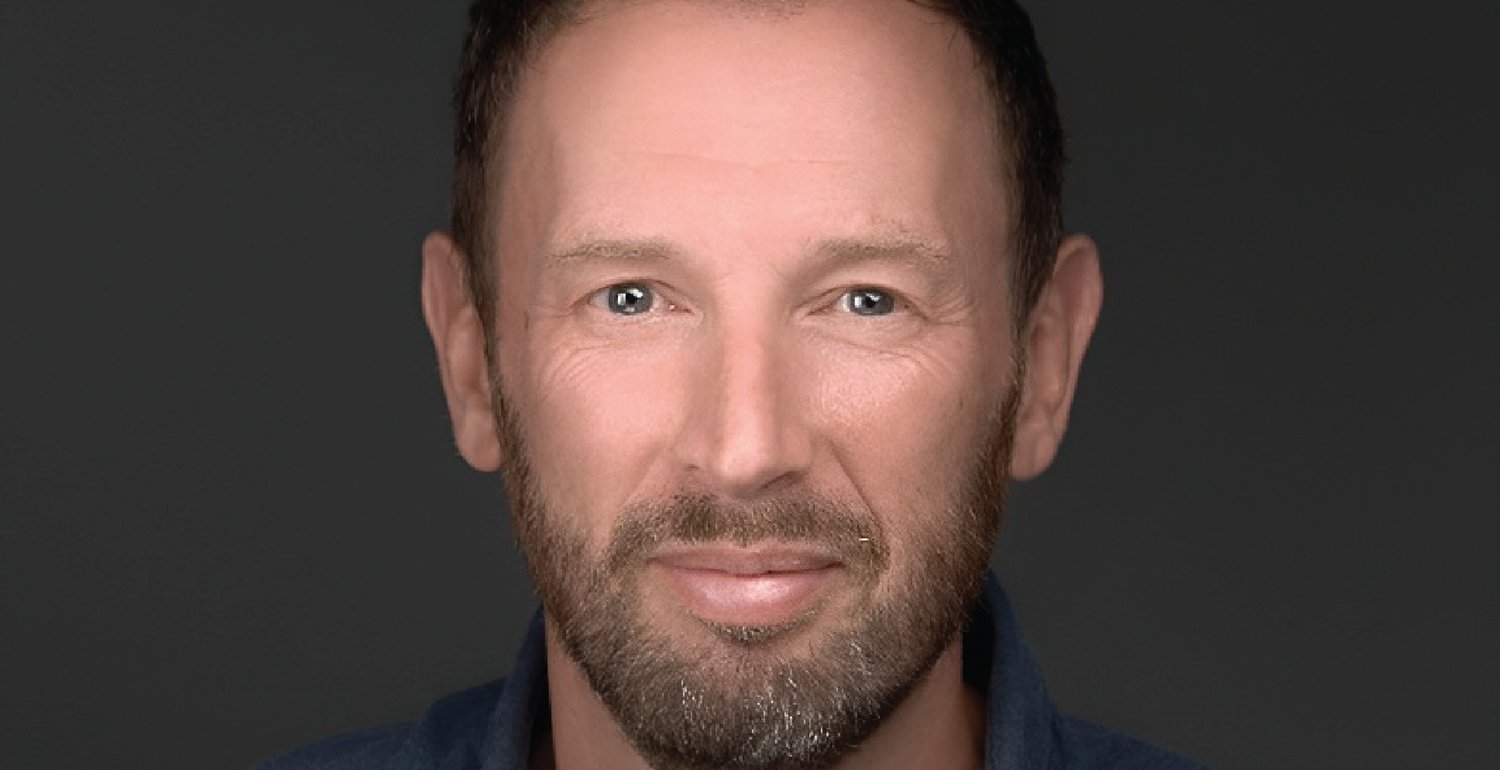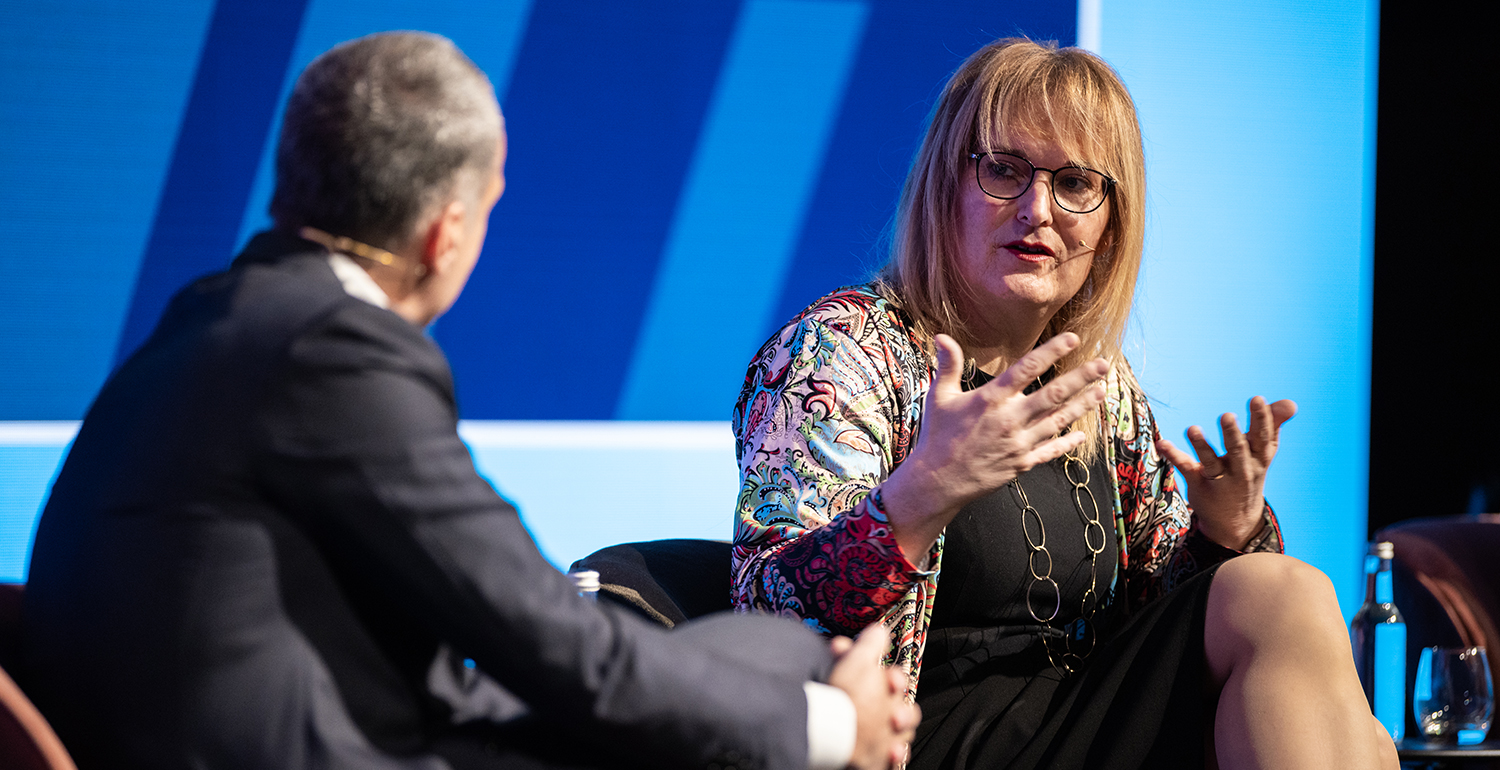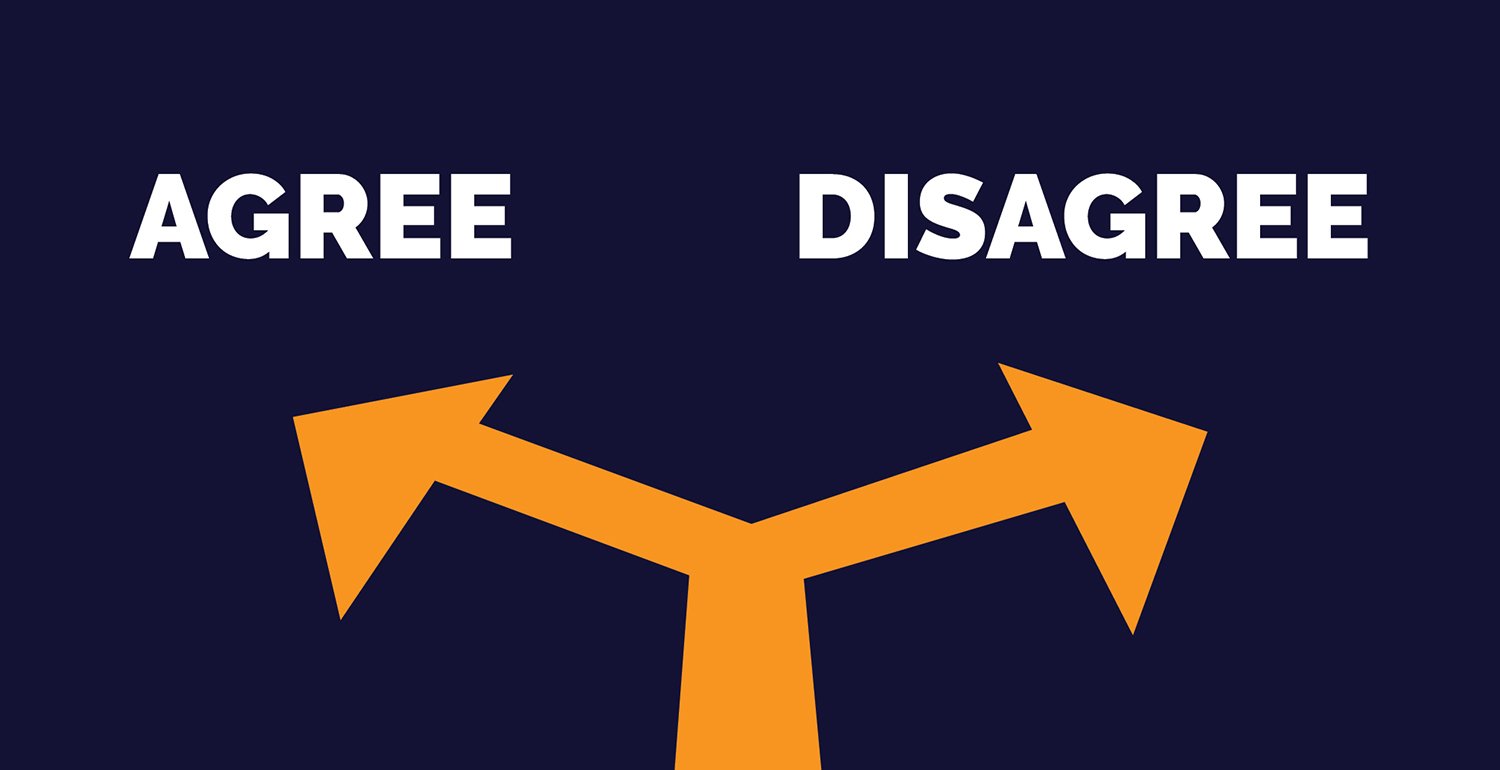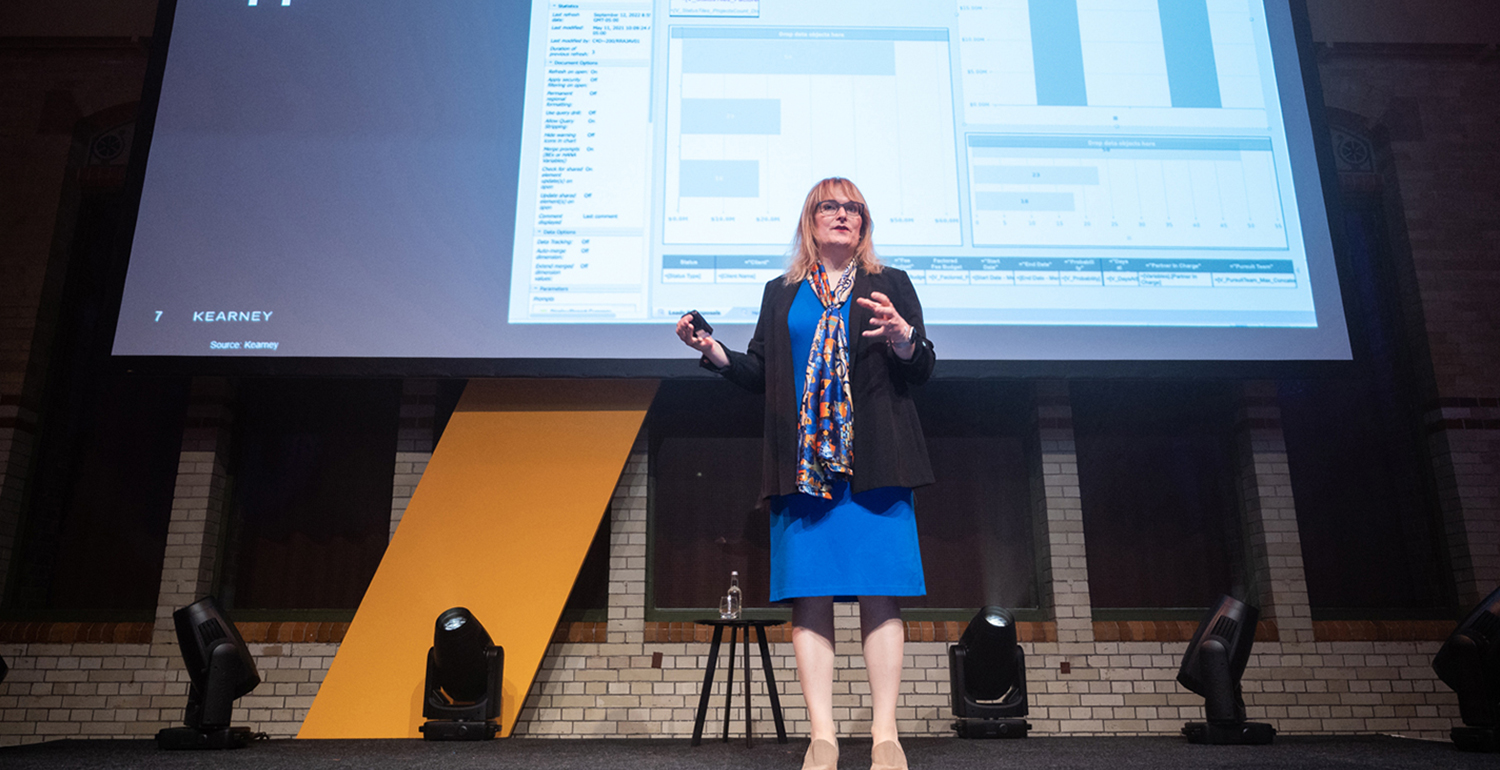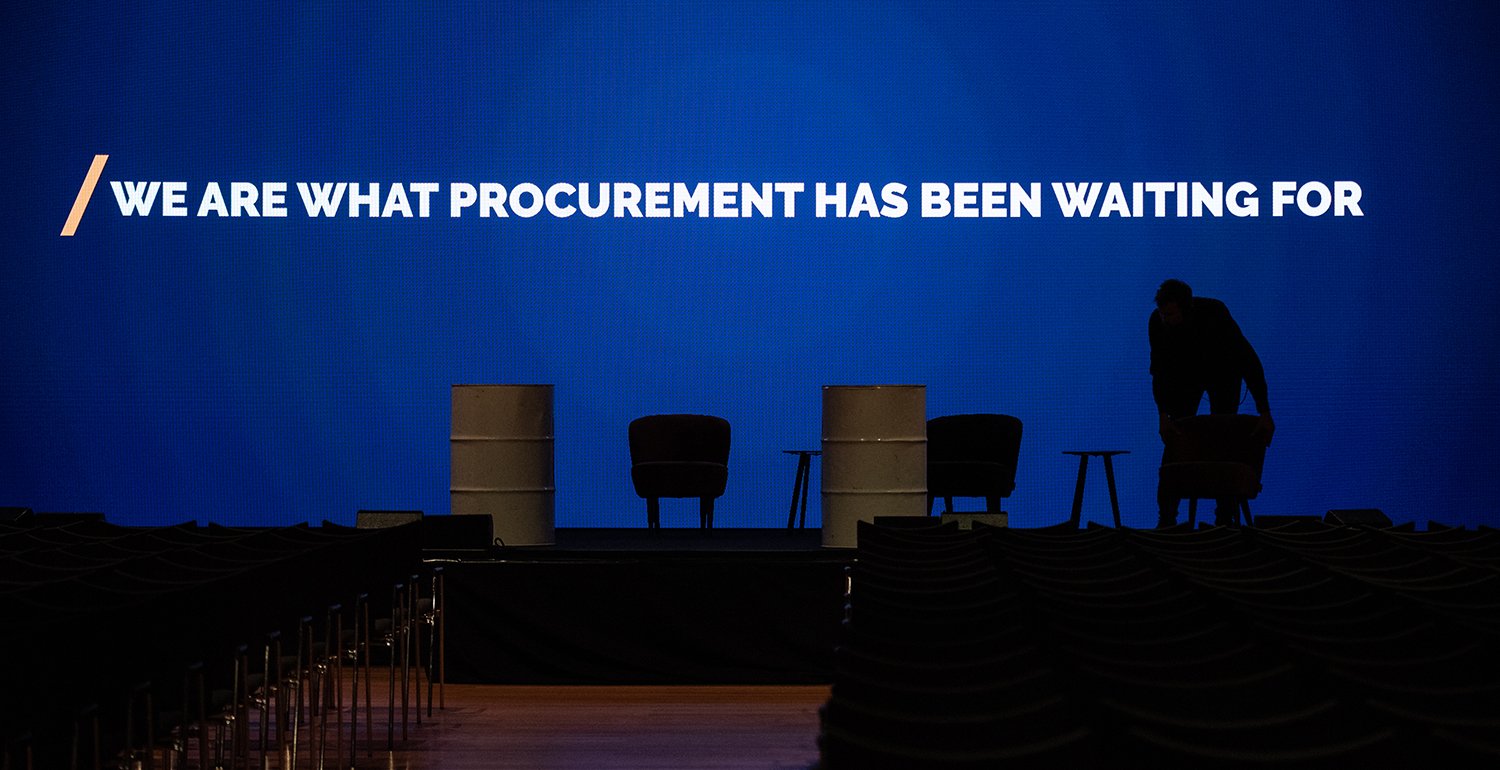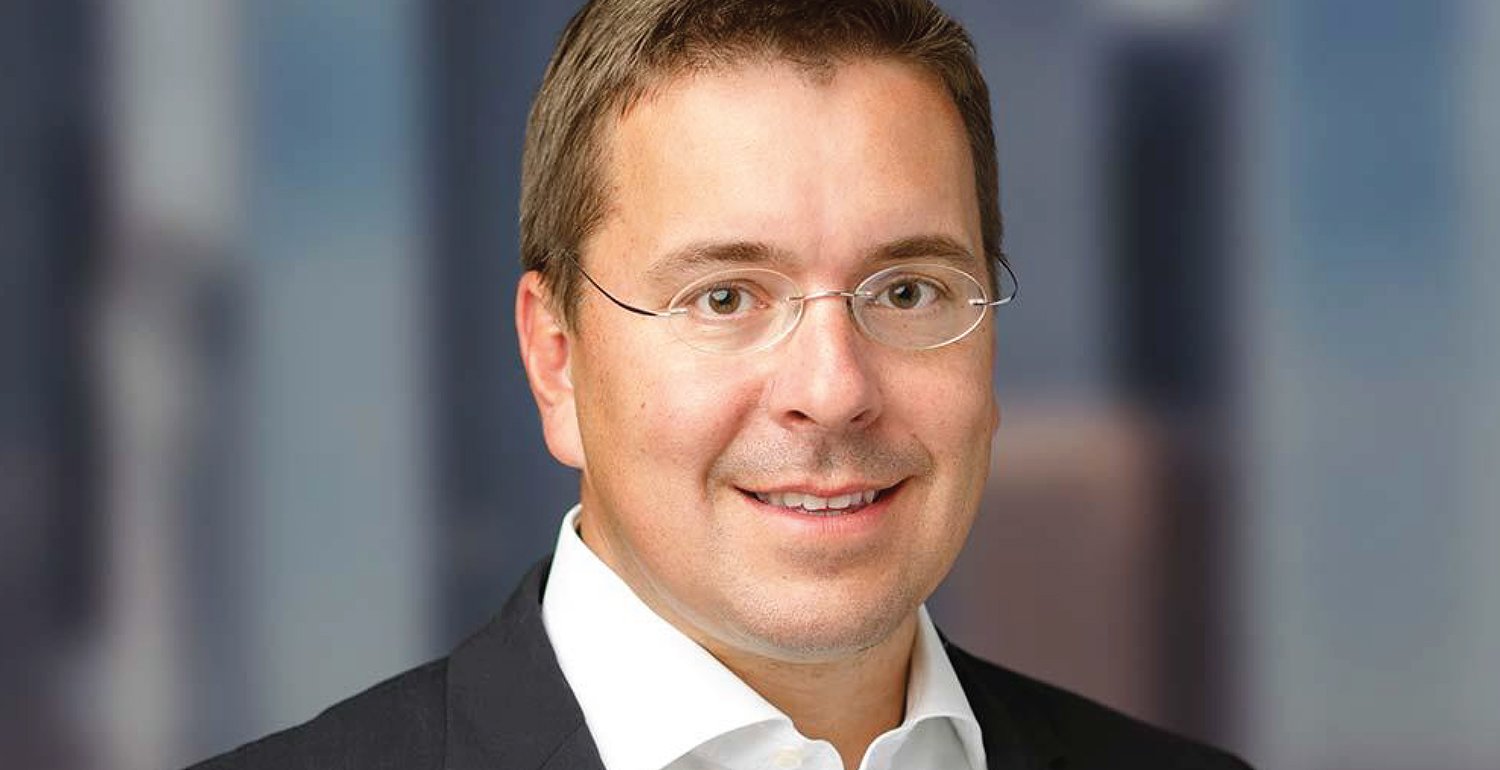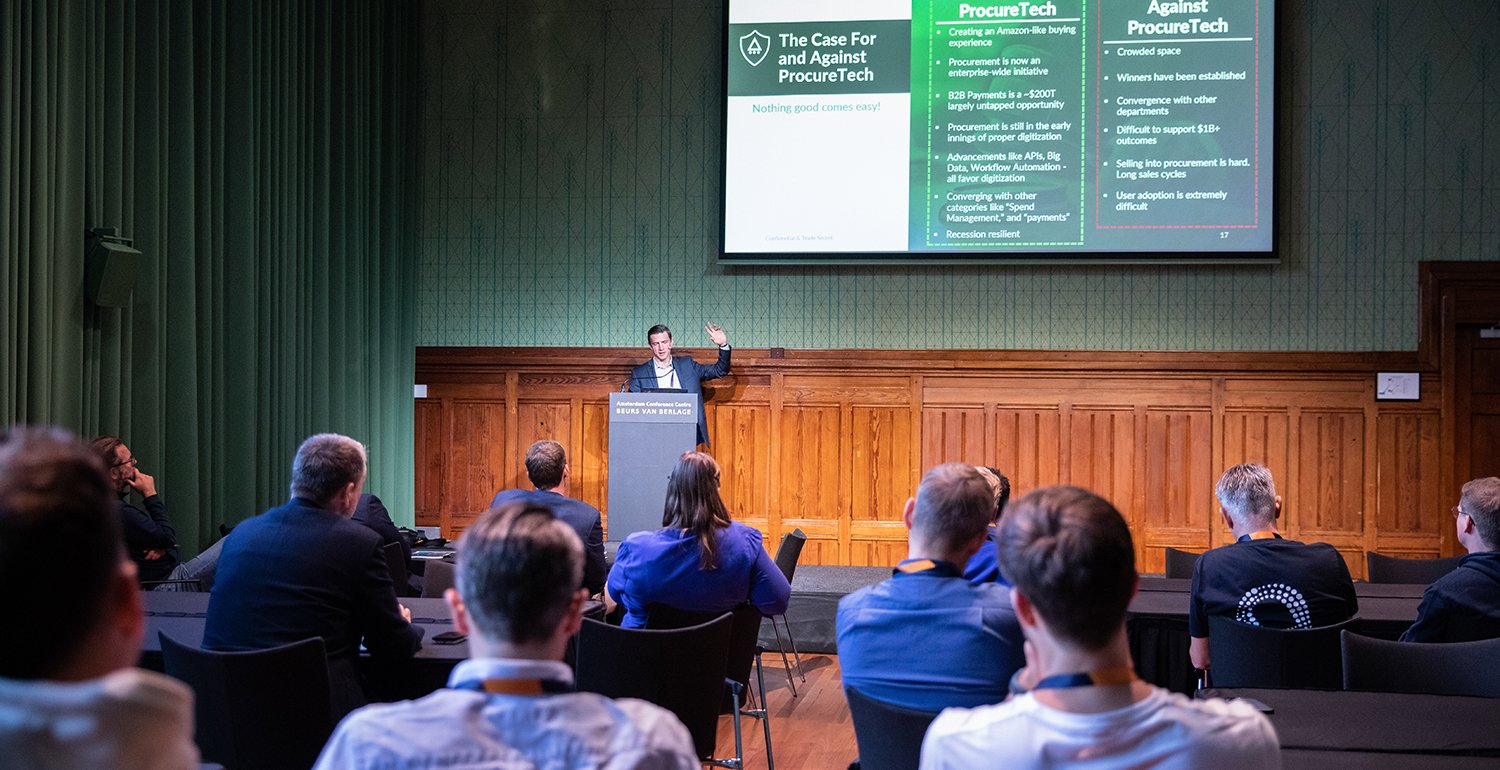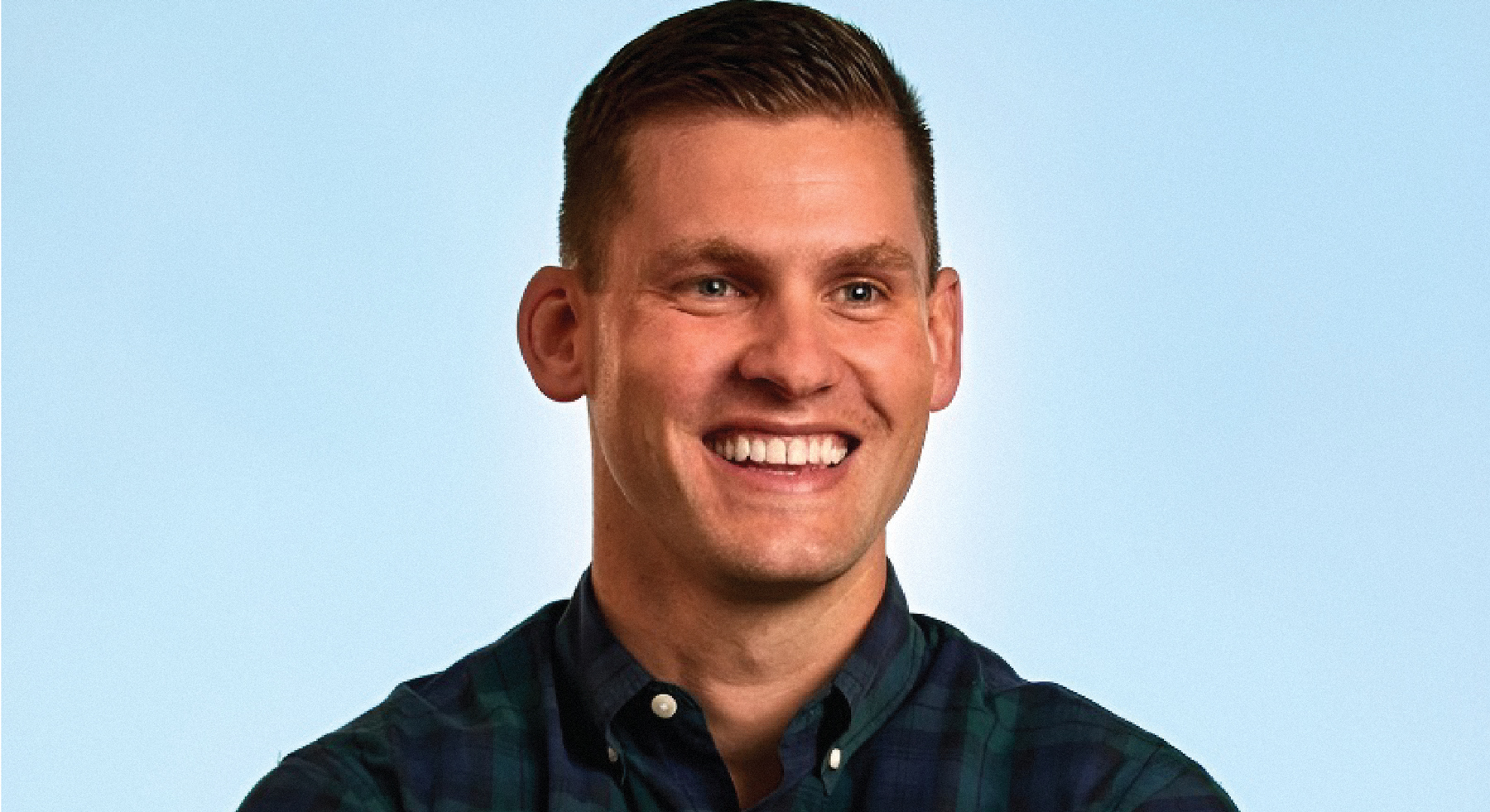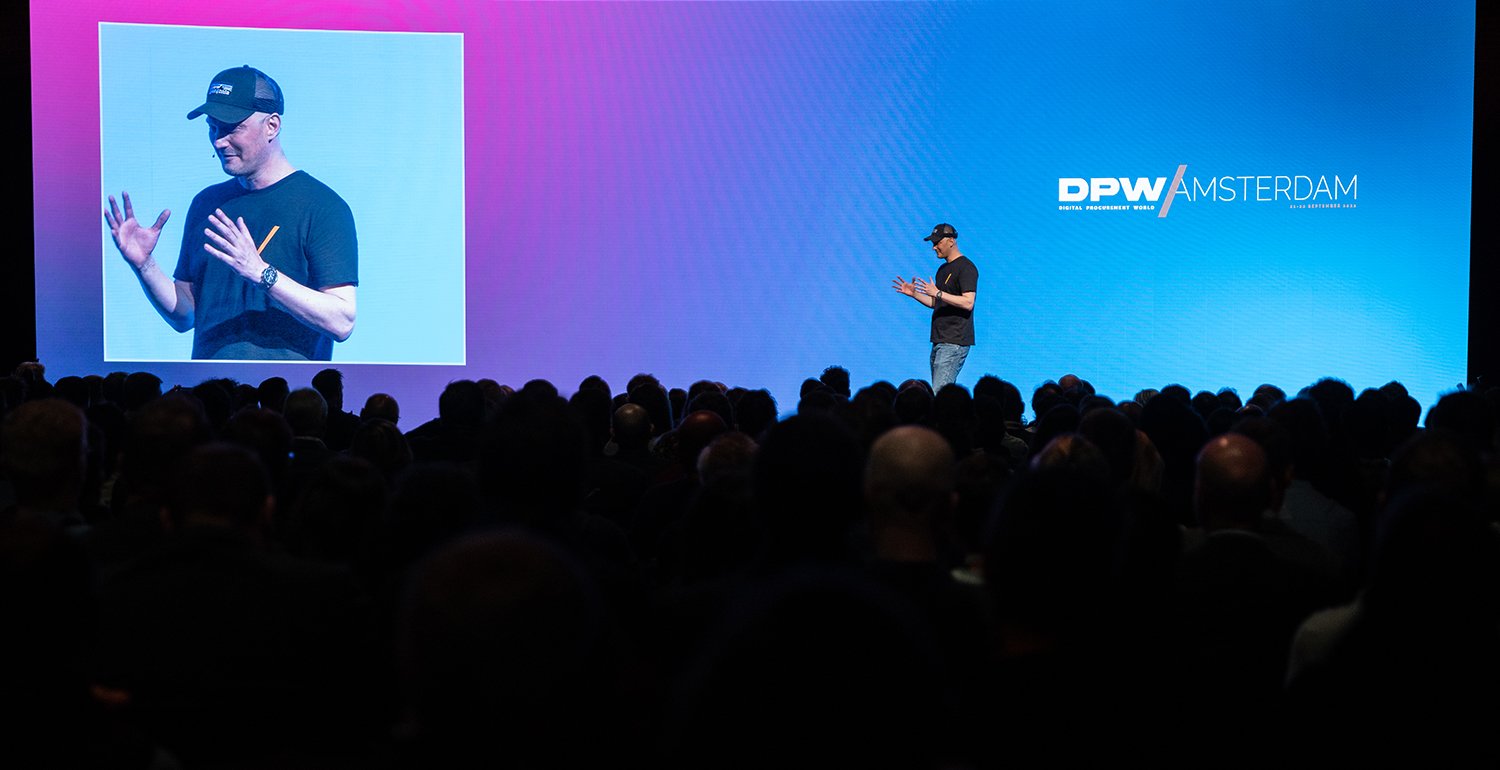
CPOs are at a crossroads.They have the opportunity to step up and help drive overall corporate transformation. To be business leaders who are associated with revenue growth, innovation and a closer more strategic proximity to the supply base. As a consequence of this new expanding role, the influence of the new CPO has increased significantly and CEOs are now starting to pay attention to procurement in a way they never have before. Or they maintain the status quo and see their overall influence decline by having narrowly defined functional roles that emphasize cost savings and compliance.
My conversation with some procurement leaders suggests that CPOs are at a turning point with four potential paths: Up, Over, Down or Out.
⬆️ UP: CPOs are promoted into new roles
CPOs are moving up into new roles with responsibility for end-to-end customer experience, and other growth-oriented functions.
In 2022, Lufthansa’s former procurement chief Angela Qu went from CPO to CSCO when she took over the top position supply chain position at automotive company Iveco. That same year, Katharina Stenholm has gone from CPO to Chief Sustainability Officer.The most famous example is arguably Tim Cook, who got hired by Steve Jobs in 1998 to transform Apple’s procurement and supply chain operations, and went on to become the CEO.
Many of the skills developed by progressive CPOs correspond to what businesses look for in their CEO. I strongly believe that in the future there will be plenty of more (progressive) CPOs taking over the CEO role.

Matthias Gutzmann, Founder of DPWModern CPOs are less about being functional masters of procurement. They are more of enterprise leaders who manage the business and champion sustainability.
➡️ OVER: CPOs take over new responsibilities
In this path, CPOs are given additional responsibilities over other areas such as transformation, supply chain or enterprise growth initiatives.
These are the progressive CPOs who are driving “value beyond savings”. They are business leaders who proactively shape their company’s success by strategically acting beyond the function. They have the ability to develop strong relationships internally and externally and have transformed their procurement organizations into a key pillar of enterprise strategy.
in 2022, Kerstin Enochsson has expanded her role as chief procurement officer at Volvo Cars to include responsibility for the company’s supply chain operations. As chief procurement and supply chain officer, Enochsson has taken on additional responsibilities and become a part of the group management team.
When the CEO and CPO aren’t well aligned, CPOs face less promising paths.
⬇️ DOWN: CPOs lose influence and authority
CPOs can find themselves on a downward path for a variety of reasons. Often, they remain trapped by outdated paradigms of cost reduction and cost efficiency and are not able to influence and inspire engagement with the rest of their company. They lack commercial acumen, don’t speak the language of the business and are unable to link procurement strategy and deliverables to the corporate agenda.
I believe that the CPO with a sole focus on cost-savings will struggle to stay relevant and survive in the future.
😥 OUT: CPOs leave the organization
CPOs move out of organizations for many reasons. Sometimes they don’t fit with the direction the company is going. Sometimes it’s because they want to drive growth and innovation but can’t get their board to recognize the need. In other cases, they are not given the mandate and resources for leading these initiatives and transformations.
In another future scenario, the CPO and his team are laid to rest because technology has developed so dramatically that most procurement processes are fully automated, making procurement as we know it obsolete.
What path are you on?
I believe that CPOs and their teams have a unique opportunity to take on an increasingly strategic role within the enterprise and that the current emphasis on cost savings should be expanded with a focus on solving business problems.
In order to move up and over, CPOs need to foster new perceptions and expectations across the enterprise. Most CPOs today recognize that procurement is much more than just cost savings, but the rest of the organization doesn’t know this yet, including most CEOs. CPOs need to define a broader vision for procurement as the orchestrator of growth and prove that procurement can be a revenue generator.
This requires a new set of (soft) skills, particularly around leading change and selling new ideas to the business. It requires strong alignment with key stakeholders, a new playbook for success and an internal re-branding of the function.

Brad Berke, Vice Chairman Global Supply Chain Officers at Korn FerryOnly about 10 percent of CPOs today are capable of being true business partners to the CEO and the rest of the executive leadership team.
According to Brade Berke, Vice Chairman Global Supply Chain Officers at Korn Ferry, “only about 10 percent of CPOs today are capable of being true business partners to the CEO and the rest of the executive leadership team.” In other words, the skills and competencies of today will not be enough to deliver on tomorrow’s strategies.
I believe there is a huge opportunity for the CPOs and their organizations to be more relevant in the future than today. But the world is changing and this requires procurement professionals to change too, beyond managing tenders, develop sourcing strategies, negotiating contracts and governing agreements. We need to develop new skills as a market expert, a relationship manager and a facilitator for developing business strategies.
New Content Module
According to Brade Berke, Vice Chairman Global Supply Chain Officers at Korn Ferry, “only about 10 percent of CPOs today are capable of being true business partners to the CEO and the rest of the executive leadership team.” In other words, the skills and competencies of today will not be enough to deliver on tomorrow’s strategies. I believe there is a huge opportunity for the CPOs and their organizations to be more relevant in the future than today. But the world is changing and this requires procurement professionals to change too, beyond managing tenders, develop sourcing strategies, negotiating contracts and governing agreements. We need to develop new skills as a market expert, a relationship manager and a facilitator for developing business strategies









